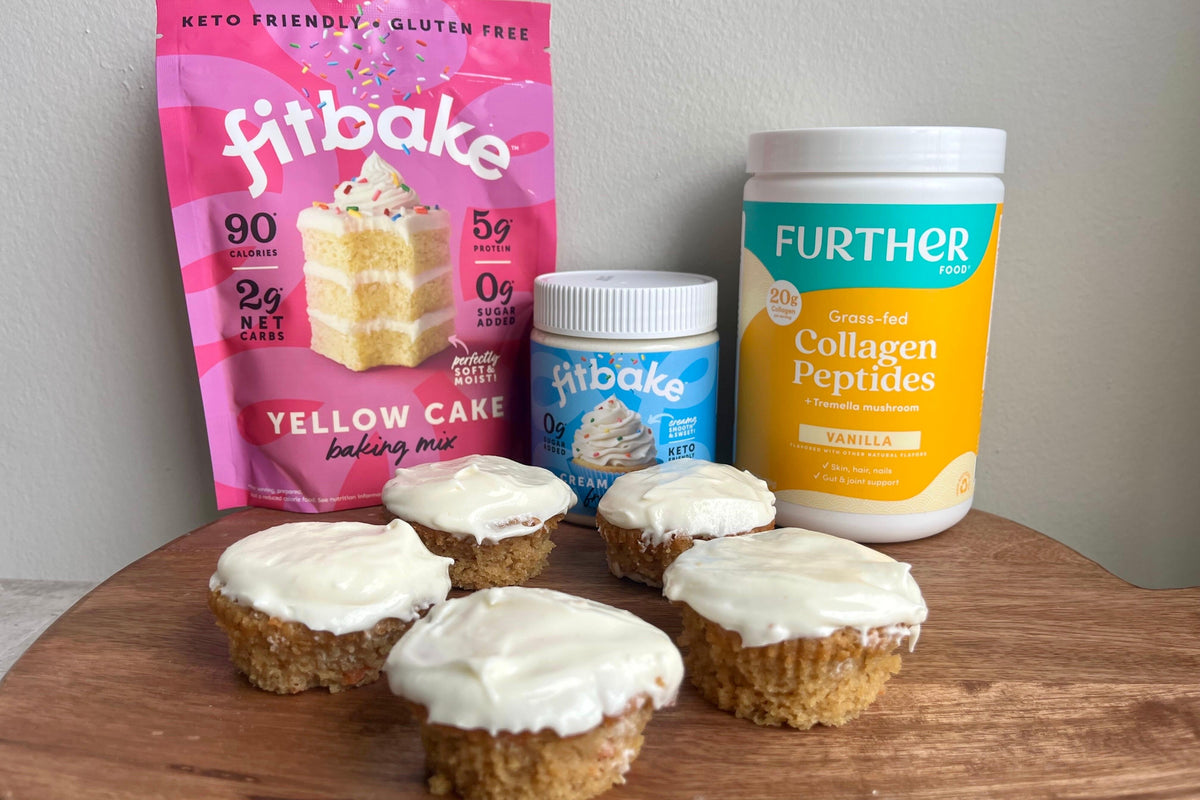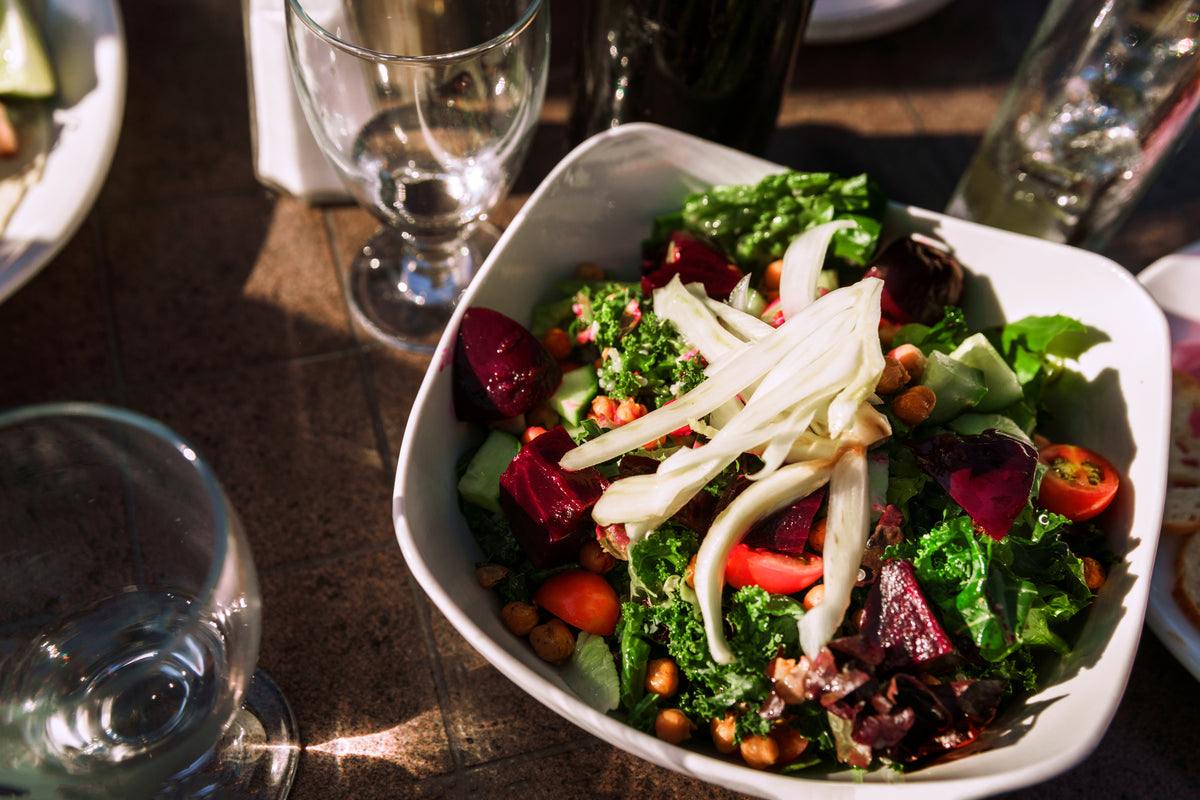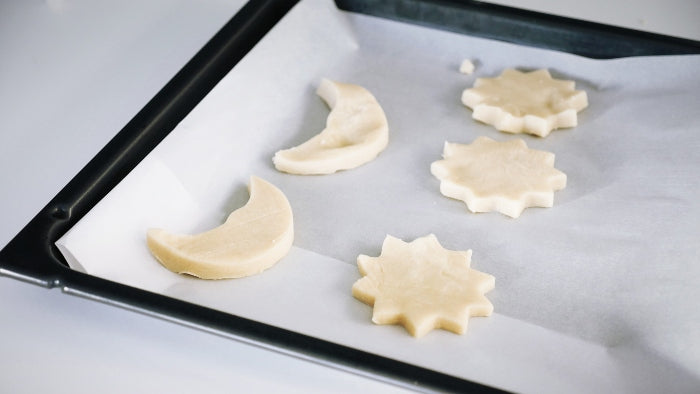
Carrot Cake Muffins
Indulgence meets health consciousness in these tasty Carrot Cake Muffins. Featuring pre...


Indulgence meets health consciousness in these tasty Carrot Cake Muffins. Featuring pre...

We love burgers, and I could pretty much eat them every day. Sometimes as a burger with...

These soft scrambled eggs with oven-roasted tomatoes and caramelized onions are inspire...

I often have clients who are struggling to try and give up sugar because of candidiasis...

You’re going to love these keto, guilt-free toasted almond shortbread cookies! Perfect ...

This keto chicken salad is so easy to make and so satisfyingly delicious you will not b...